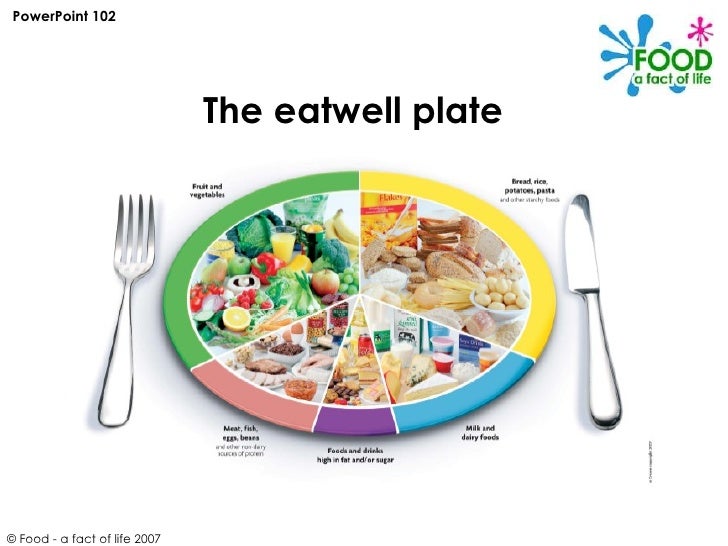In part one of "Firefighter deaths from cardiovascular events" I discussed the effect smoke - especially particulate matter - has on the cardiovascular system and what places us at higher risk than the general population. Today, I will look at what can be done to prevent us (I was a volunteer firefighter for 25 years) from becoming a statistic.
V. What can be done to make us healthier
Get a yearly physical
Ask your physician to conduct a complete blood panel (also known as a complete blood count or CBC). In addition, ask him/her to include the following:
C-Reactive Protein (CRP) is elevated in the blood when there is widespread inflammation somewhere in the body. Evidence now shows that inflammation and molecules such as CRP (see table below) associated with the inflammation might be just as important as cholesterol in determining the development of atherosclerosis (hardening of the arteries) and heart disease.
CRP level
|
Risk level
|
I
|
Patients are at a low-risk of cardiovascular disease if their high sensitivity CRP (HS-CRP) is lower than 1.0 mg/L.
|
II
|
Patients are at an average risk of cardiovascular disease if their HS-CRP is between 1.0 - 3.0 mg/L.
|
III
|
Patients are at a high risk of cardiovascular disease if their HS-CRP is higher than 3.0 mg/L.
|
Low Testosterone levels have been proven to be an independent risk factor for worse outcomes in BOTH man and women suffering from heart failure. It has also been associated with decreased survival for men with coronary artery disease (CAD).
Eat healthy
 Forget about diets and low fat and engage in healthier eating habits. It is important to remember there is not magic pill when it comes to healthy eating. Although there are some benefits associated with taking Omega-3 (usually taken in the form of a fish oil supplement), there are published studies that say otherwise. In analyzing past studies, there is no difference in the number of heart attacks, strokes, or deaths among people with heart disease who took a fish oil supplement.
Forget about diets and low fat and engage in healthier eating habits. It is important to remember there is not magic pill when it comes to healthy eating. Although there are some benefits associated with taking Omega-3 (usually taken in the form of a fish oil supplement), there are published studies that say otherwise. In analyzing past studies, there is no difference in the number of heart attacks, strokes, or deaths among people with heart disease who took a fish oil supplement.Include more fruits and vegetables in your diet. These are high in antioxidants and continued good health is dependent on open, flexible arteries that are able to deliver blood efficiently throughout the body. The key to this is to combat cell damage caused by free radicals which cause fatty plaque to build up on artery walls.
Exercise and control those emotions
Exercise and exercise some more. Thirty minutes of aerobic exercise has been shown to reduce the risk of myocardial infarction (MI) by seventy percent (70%) over a one (1) year period. Researchers at the Mayo Clinic found that walking briskly for 10-minute a day reduces the risk of an MI by fifty percent (50%).
To quote a song popular in the 80's "Don't worry, be happy". A study conducted by Duke University of 255 doctors showed that fourteen percent (14%) of them rated themselves above average for hostility based on a personality test given as part of the study. Within 25 years following the study most of them had died from an MI compared with two percent (2%) who had tested below average for hostility.
Additional information: Firefighter deaths from cardiovascular events, Heart disease and firefighters